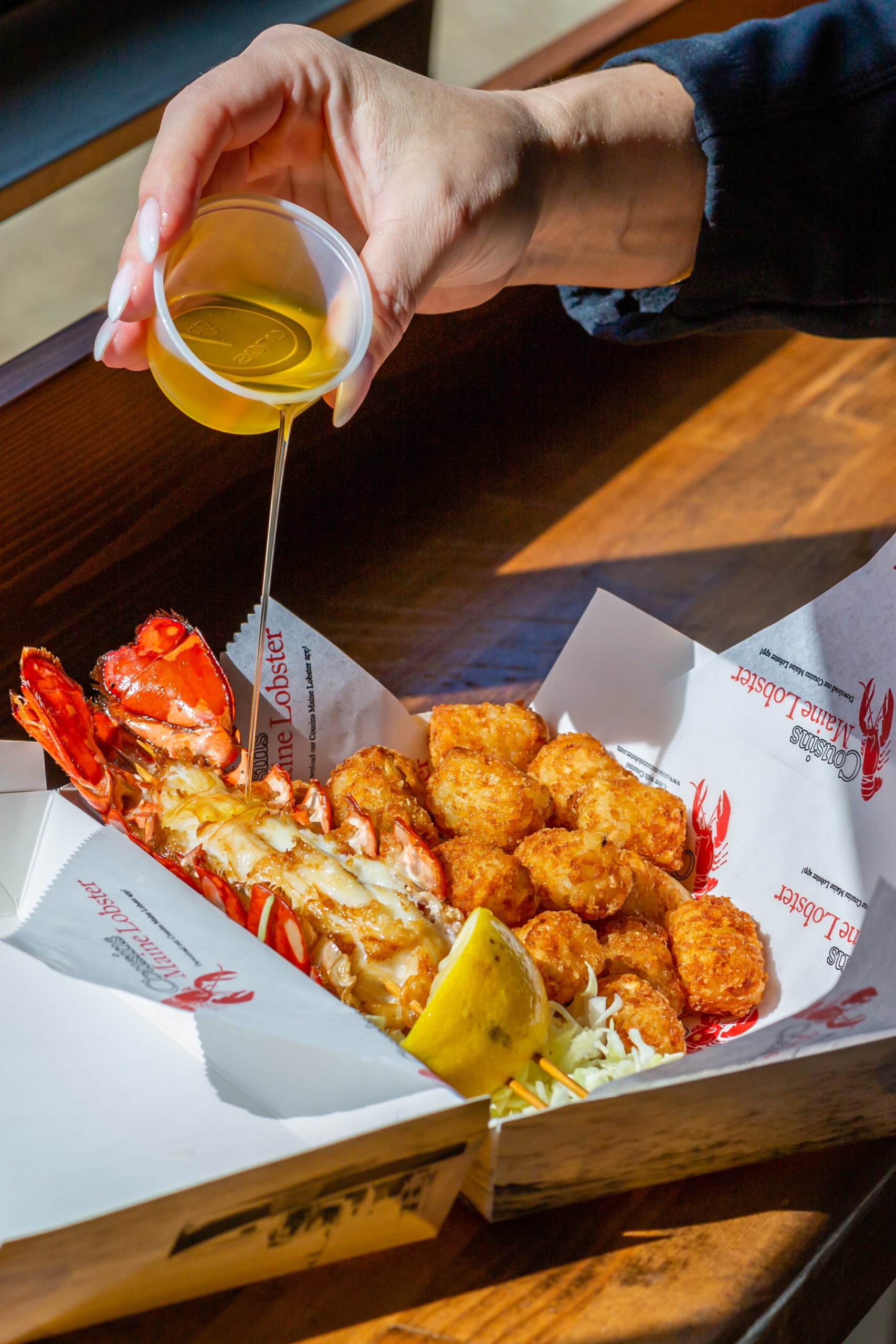
In a quiet celebration at Mount Vernon, George Washington would have preferred to spend his birthday at home with his family, says historian Alexis Coe. Yet, every year on February 22nd, the nation commemorates the first U.S. president, 292 years after his birth.
Washington’s birthday celebrations have evolved dramatically over the years. He was born on February 22, 1732, on Popes Creek Plantation in Virginia. However, due to the adoption of the Gregorian calendar in 1752, 11 days were added, changing the date of his birth to February 11. Records show that Washington paid little attention to his birthday and was often hard at work.
During his presidency, Congress occasionally voted to take a short commemorative break each year to celebrate Washington’s birthday. However, there were exceptions, including his last birthday in office, when partisanship was rampant and many members of his original Cabinet were gone.
After his death in 1799, a market for Washington memorabilia sprang up, leading to rare items and reproductions portraying him as a divine figure going off into heaven. It wasn’t until 1832 and 1879 that his birthday was formally marked as a legal holiday.
Even though the name of the holiday is officially Washington’s Birthday, it is commonly known as Presidents Day. Some states, such as Illinois, observe Lincoln’s birthday as a public holiday and commemorate both Lincoln and Washington on Presidents Day.
The shift to consumerism surrounding the holiday began in the late 1960s when Congress voted to move some holidays to Mondays. This decision was made to prevent absenteeism among government workers and to benefit the economy through boosts in retail sales and travel. Since then, the focus on consumerism has taken over the holiday.
Historian Alexis Coe believes that the day is now devoid of recognizable traditions and reflection, a concern shared by other experts. The holiday has moved away from its original purpose of honoring Washington to becoming a commercial and consumer-driven event, something that the Founding Fathers would have been deeply worried about.
As we continue to observe Presidents Day, it’s important to remember the true purpose of the holiday and reflect on the legacy of the nation’s founding fathers and early presidents.
Source link














